Remember me saying that I reckoned Warwicks & Richardsons were larger than Holes? I think I might have found some evidence to confirm that. Lucky me, eh?
The 1890's were boom time for British breweries. And many were tempted to become limited companies. The brewing industry lagged well behind most of the rest of British industry in the organisation of its businesses. Even the largest firms remained partnerships or single ownership until the late 1880's. Two forces combined at this period which transformed the brewing industry. But we'll be getting to that later.
"Messrs. Hole and Co., Newark.
—We hear that the well-known firm of Messrs. James Hole and Co., Castle Brewery, Newark, hare registered themselves Limited Company. The nominal capital is £200,000, of which the present issue is £150,000 divided into £75,000 of Ordinary Shares, and £75,000 of Cumulative Preference Shares. The whole of the ordinary shares are being held by the present members of the firm, together with Viscount Newark, M.P., Mr. Arthur Gilstrap Soames, of Grimsby, and the firm's head brewer, Mr. Johnstone Smith. We understand, however, that the Company will prepared consider applications for a limited amount of the preference stock which will be issued in £10 shares, bearing interest at the rate of 5 per cent, per annum, free of income tax. The preference shares will rank in priority both as dividend and capital. The bankers are Messrs. Samuel Smith and Co., of Newark, from whom forms of application may be obtained. The managing directors of the new company will Mr. James Hole, Mr. S. K. Marsland and Mr. Arthur Gilstrap Soames."
Nottingham Evening Post - Wednesday 19 March 1890, page 4.
£150,000 is quite a modest sum to raise. About the same as Aitken of Falkirk and far less than the £1 million raised bt McEwan of Edinburgh. And less than a brewery with a capacity of 100,000 barrels (like Warwicks & Richardsons) would have raised.
Gilstrap, if you can't remember me saying this before, was one of the big maltsters in Newark. The Holes, too, had started out as maltsters.
The launch seems to have gone pretty well:
"Messrs. James Hole and Company, Limited. —In reference to the issue Five per Cent. Preference Shares in Messrs. James Hole and Company, Limited, Castle Brewery, Newark, are informed that letters of allotment and regret were posted last night. We hear that the capital has been subscribed for more than twice over."
Nottingham Evening Post - Saturday 29 March 1890, page 2.
In the 1890's - well, early in the decade, at least - it was typical for brewery launches to be massively over-subscribed. The reason? There were a couple -McEwan and Guinness, for example, where investors did very well indeed in the initial years, with big dividends and a big increase in the value of their shares.
Is it any coincidence that just after going public, Holes had some pubs to let? I don't think so.
"TO be LET, the THREE HORSE SHOES INN, Brant Broughton.—Apply, James Hole AND Co., Limited, Castle Brewery, Newark-on-Trent.
TO be LET, a SLAUGHTER-HOUSE, situate at the back of the Black Bull Inn, Cartergate, Newark. —Apply Jambs Hole and Co., Ld., Newark-on-Trent.
TO be LET, with immediate possession, the MALT SHOVEL INN, Newark.—Apply, James Hole and Co., Limited, Castle Brewery, Newark.
TO be LET, the BLACK SWAN, Full Licensed House, situate in St. Mark's Lane, Newark-on- Trent.—Apply, Jambs Hole and Co., Limited, Castle Brewery, Newark."
Grantham Journal - Saturday 21 June 1890, page 5.
Let's get back to those two forces at work in the 1890's. One the one hand, you had councils not just refusing to issue new pub licences, but actively trying to close existing ones. Bastard temperance twats. To safeguard their outlets, breweries began to buy up pubs as quickly as possible. How did they do that? Using the money raised from their flotation. The combination of these two factors forced up the price of pubs dramatically and considerably reduced the number of free houses.
Looks to me like this is exactly what has happened here.
Of those pubs, only the Malt Shovel seems to be still open. My friends in Newark usually call it the Shit Shovel. They're a witty lot. In 1968, when Courage bought Holes, it was valued at just £8,500. While others were valued at £80,000 or £90,000.





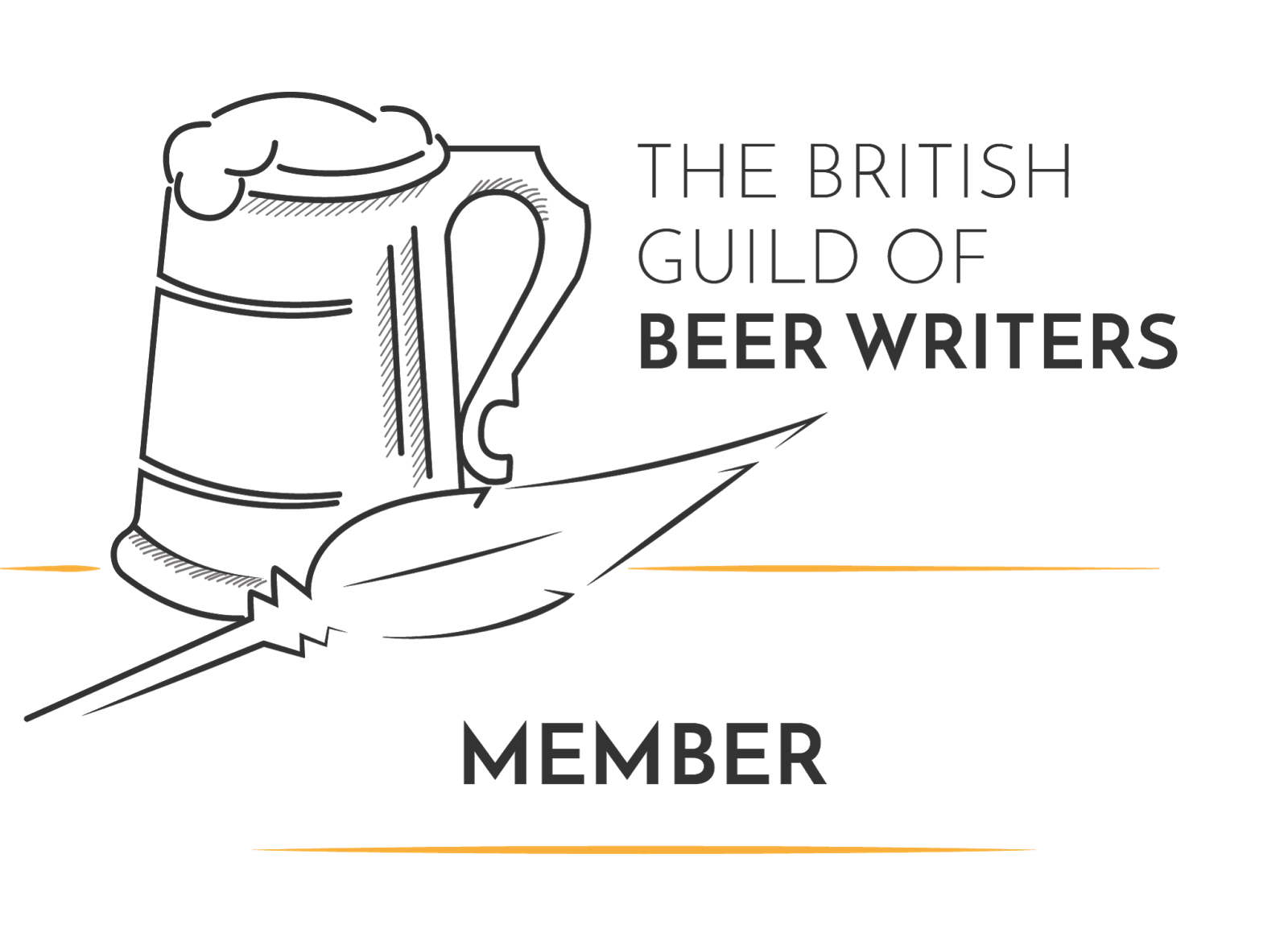









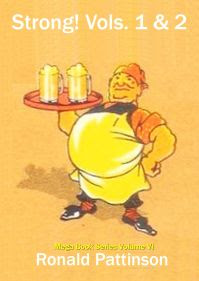


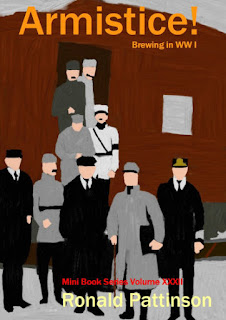








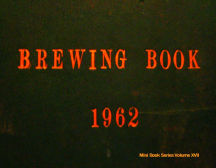
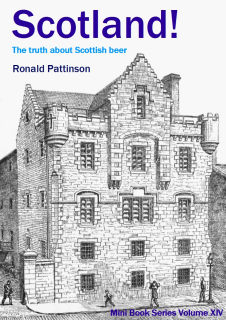
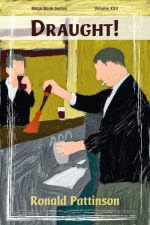

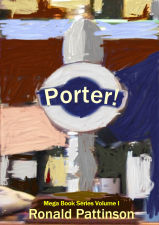







































4 comments:
This is interesting stuff and very useful. My wife's just this evening extracted a 'Hole & Co' beer bottle from beneath an old tree stump in our garden. I imagine the bottle was consumed and buried by a builder c1960. Job satisfaction.
Paul,
you jammy bugger. If you don't mind me asking, do you live in the Newark area?
Farndon - I found out from my neighbour who's lived in the house since 1960 (when built) that the land behind our houses (and an old mansion that used to be on it, belonged to James Hole. Knocked down now and is now housing estate.
Frank my neighbour thinks the bottle is likely to be much older (similar on ebay for £3) at the moment estimated to be 1915!! What a find. It still had beer at the bottom, I had a wiff and was nearly sick!!
Post a Comment